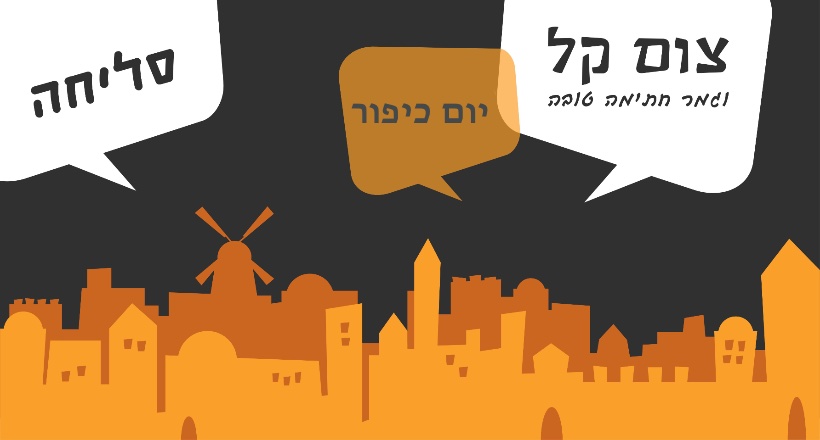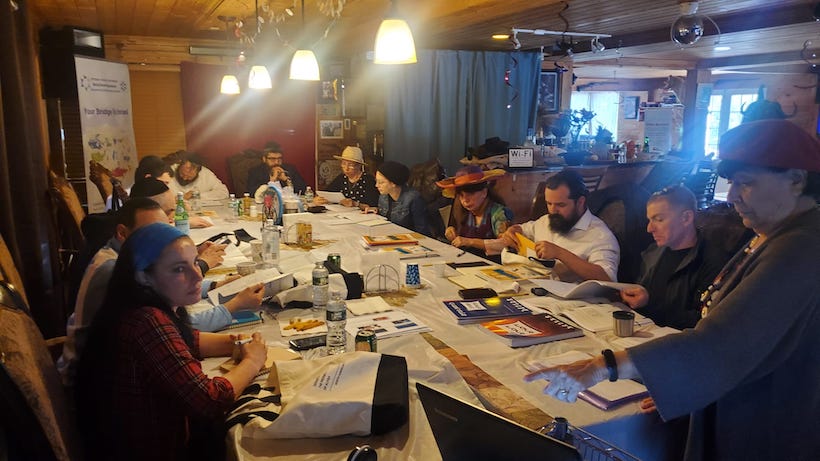Yom Kippur
Today, October 11th, with the sunset, Yom Kippur begins — the holiest and most important Jewish holiday. It is believed that on this day, a person’s actions over the past year are evaluated, and their fate for the coming year is determined.

Yom Kippur (יוֹם כִּיפּוּר, “Day of Atonement”, “Judgment Day”) is a day of fasting, repentance, and forgiveness of sins. It is observed on the tenth day of the month of Tishrei and concludes the “Ten Days of Repentance”.
It is believed that on this day, the Almighty issues and seals the final judgment on every person, which begins on Rosh Hashanah. The ten days that follow are given to a person to analyze their behavior over the past year, reconsider their actions, and repent for their mistakes.
Repentance before Yom Kippur is one of the main commandments of the Torah. If during the Ten Days the initial verdict can still be changed by sincere repentance, after Yom Kippur, it is no longer possible.
According to Jewish tradition, there are several prohibitions on this day: it is forbidden to work, eat, drink, wash, use cosmetics, wear leather shoes, and engage in intimate relations. Fasting is a complete abstention from food and drink, beginning half an hour before sunset on the eve of the holiday and ending twenty-four hours later — after the appearance of the third star in the sky. However, if, in the opinion of doctors, abstaining from food and drink poses a threat to the life of a sick person, they are allowed to break the fast while observing the other prohibitions.
Yom Kippur is observed not only by religious Jews but also by the majority of Israel’s secular population. Many who do not visit the synagogue during the year come on this day and observe the restrictions: they fast, do not use mobile phones, and refrain from driving. On this day, the roads are empty, and the only vehicles on the streets are ambulances, police, and fire services. As a result, children traditionally ride bicycles on the empty roads, leading to the unofficial name of the holiday — “Bicycle Day”. Public transport, television and radio stations, as well as airports and seaports, do not operate in the country.
This day also entered the history of modern Israel. In 1973, on the morning of Yom Kippur, the armies of Arab countries attacked Israel when most of the population was in synagogues. The enemy’s calculation was on surprise, however, despite this, the IDF quickly mobilized and achieved a decisive victory on all fronts.
Unfortunately, this year’s celebration of Yom Kippur is overshadowed by the tragic events of October 7th — one of the most terrible days in the history of the Jewish people since the Holocaust. For a year now, Jews in Israel and around the world have been asking questions about how such a thing could happen, who is responsible, and how to prevent similar tragedies in the future. These questions remain open, requiring not only answers but also a deep rethinking of our future.





